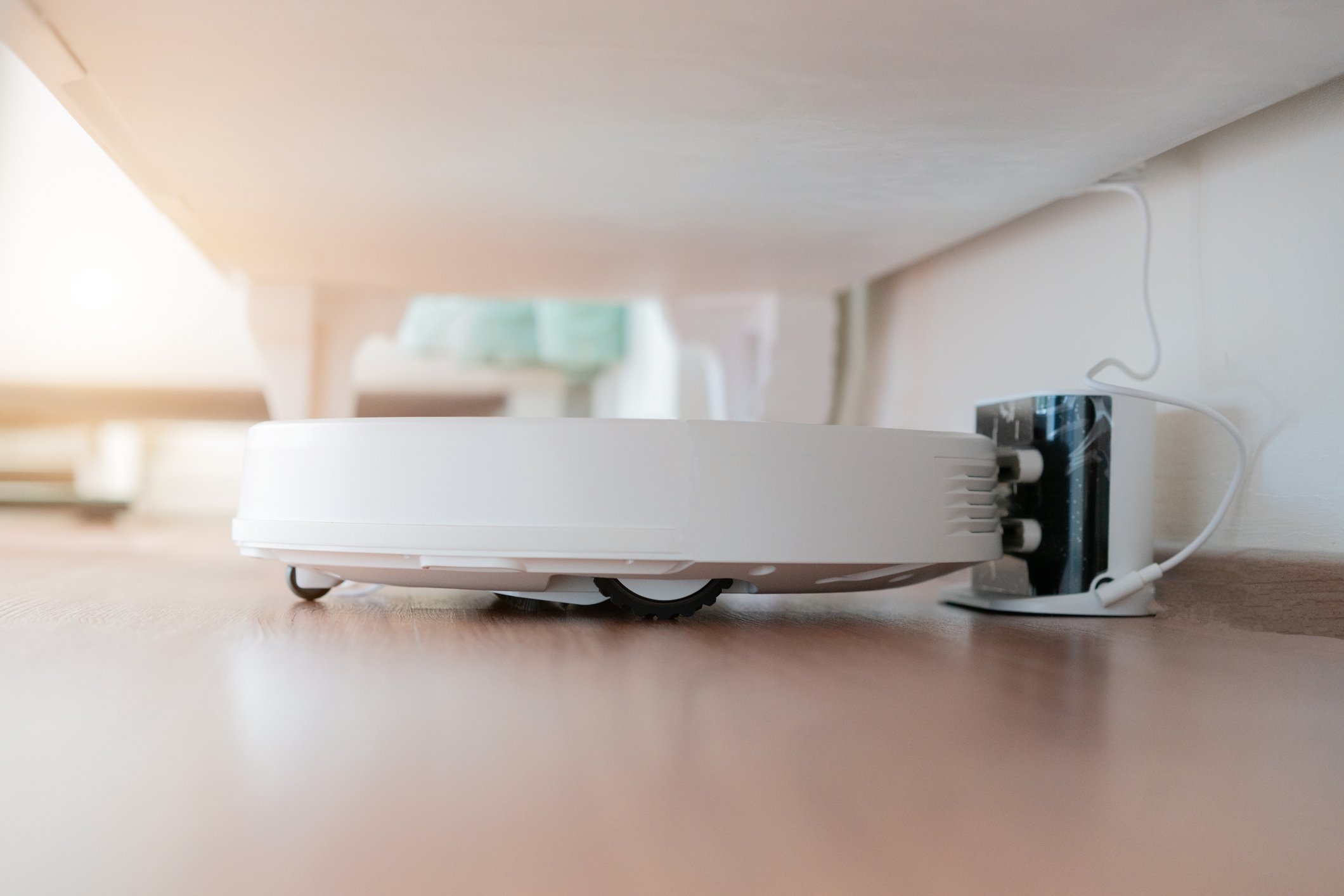What happened
Shares in iRobot (IRBT +15.15%) soared by an astonishing 49.1% in April according to data provided by S&P Global Market Intelligence. The only noteworthy news was the fact that on April 24, the company's "request for an exclusion for its Roomba robot vacuums from Section 301 tariffs was granted by the United States Trade Representative," according to the company's earnings release. Moreover, iRobot will be able to obtain a refund for tariffs paid since September 2018.

iRobot is hoping demand for robotic vacuum cleaners will recover in 2020. Image source: Getty Images.
During the earnings call, CFO Alison Dean outlined that second-quarter "gross profit will benefit from $6.6 million for tariffs paid in Q1 2020 plus the elimination of tariffs for the quarter itself." For reference, iRobot's gross profit in the first quarter was around $78 million.
The tariff exclusion is obviously good news, but it's probably not enough to explain the surge in the share price during the month. Another possible reason for the move comes from the fact that a lot of investors were shorting iRobot's stock ahead of a month where the S&P 500 went into raging-bull mode and rose nearly 13%. It's likely that some short-sellers would have been inclined to close out their positions by buying stock, therefore pushing the price up further.
So what
In the end, fundamentals will move share prices. iRobot's aim is to expand sales of its robotic vacuum cleaners (Roomba) and its robotic mops (Braava) over the long term. However, in the near term, the company is going to have to overcome challenges on both its demand and supply.
End demand is being challenged by the closure of retail stores imposed as part of the lockdown measures to contain the COVID-19 pandemic. Meanwhile, according to the earnings release, the company has also suffered what CEO Colin Angle described as "disruptions to our sales and manufacturing supply chain activities" caused by the pandemic.
Now what
Looking ahead, iRobot first needs to deal with the challenges of overcoming supply chain difficulties and growing sales as the lockdown measures start to ease. After that, the key question will be whether its high-ticket robotic vacuum cleaners and mops are the kind of discretionary items likely to be bought in a post-COVID-19 world. Time will tell.





